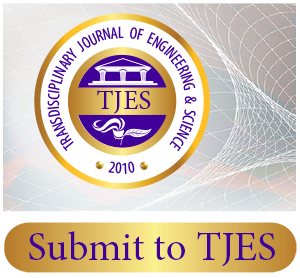Management and optimization of Grid-tied Renewable Energy for EV Charging Station
Abstract
Integrating electric vehicle (EV) charging stations with renewable energy systems has garnered significant attention in recent literature. Studies frequently need optimization models for station locations incorporating renewable energy. The paper proposes employing Human-Driven Instruction-Based Optimization (HDIBO) for control strategies to address these gaps. HDIBO leverages human insights alongside algorithmic precision, enabling dynamic responses to changing conditions. This approach optimizes control strategies iteratively, bridging the gap between theoretical algorithms and real-world complexities, ensuring efficient energy management, grid integration, and EV charging optimization. The objectives of the proposed work include enhancing charging station profitability, increasing renewable energy utilization, mitigating peak grid stress and optimizing battery energy storage utilization. To validate the effectiveness of the HDIBO approach, it is compared with Genetic Algorithm (GA), Particle Swarm Optimization (PSO), and Grey Wolf Optimization (GWO) methods. HDIBO achieve improved parameter settings with lower mean and standard deviation values for efficient and stable control for the proposed system.


